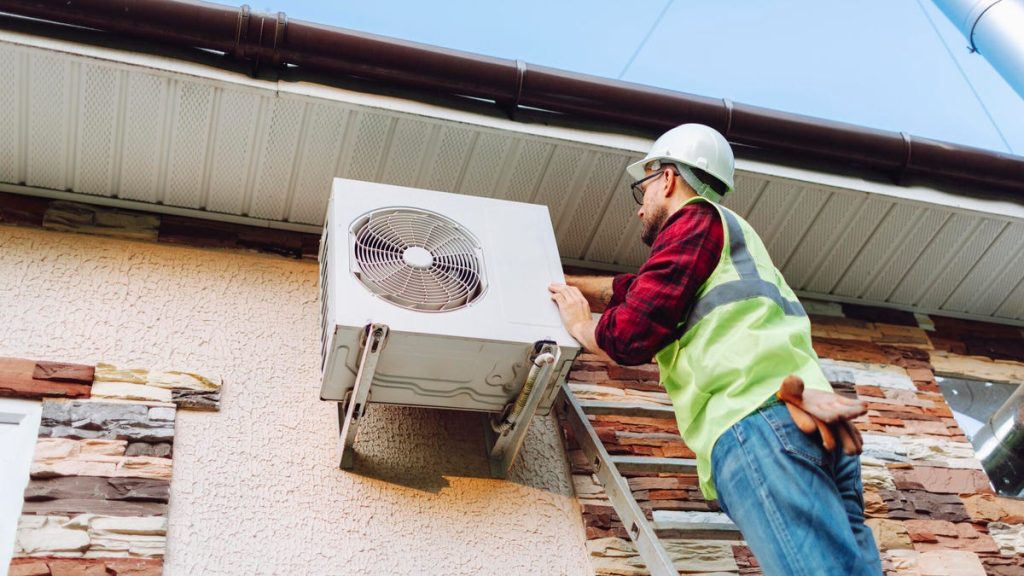Heat pumps are becoming a popular option for heating and cooling homes, especially as the planet continues to warm. These devices are more efficient and environmentally friendly than traditional HVAC systems that rely on fossil fuels. In 2023, Americans purchased 21% more heat pumps than other heating and cooling options, indicating a growing trend towards these energy-efficient systems. When considering whether a heat pump is right for your home, cost is a major factor to consider. While heat pumps may not be the default option for most people, they can actually be cost-effective in the long run.
The cost of a heat pump can vary depending on factors such as system performance and efficiency, installation labor quality, and the complexity of the install. Ductless mini-split heat pumps are a popular option due to their flexibility and efficiency, with costs ranging from $1,300 to $8,000 for equipment and installation. Ducted air-source heat pumps, which transfer heat between the home and outside air, typically cost between $4,500 and $8,000. On the higher end of the spectrum are geothermal heat pumps, which offer the most savings over time but require a significant initial investment ranging from $6,000 to $20,000.
The installation costs for a heat pump will depend on factors such as the size and layout of your home, the condition of existing ductwork, and labor costs. Ductless mini-split systems are less invasive to install, making them a cost-effective option for homes without existing ducts. Air source pumps work with existing ductwork and involve installing an outdoor unit connected to an indoor air handler. Geothermal heat pumps are the most expensive to install due to the underground loop system that requires excavation and specialized equipment.
Tax credits and rebates are available for heat pumps, which can help offset the initial installation costs. Federal tax credits can cover up to 30% of the installation cost for air-source heat pumps, while geothermal systems may qualify for an even larger tax credit without a cap. Some states and municipalities may offer additional incentives for homeowners to further offset the cost of heat pumps. These financial incentives can make heat pumps more cost-effective in the long run and help homeowners save on energy bills.
While the upfront costs of purchasing and installing a heat pump can be significant, the long-term savings on energy bills and environmental benefits make it a worthwhile investment for many homeowners. Heat pumps typically have a lifespan of 15 to 20 years, providing reliable and efficient service over time. In addition to reducing greenhouse gas emissions and reliance on fossil fuels, heat pumps enhance a home’s efficiency and sustainability. Ultimately, investing in a heat pump can be a smart choice for homeowners looking to save money and reduce their carbon footprint.


